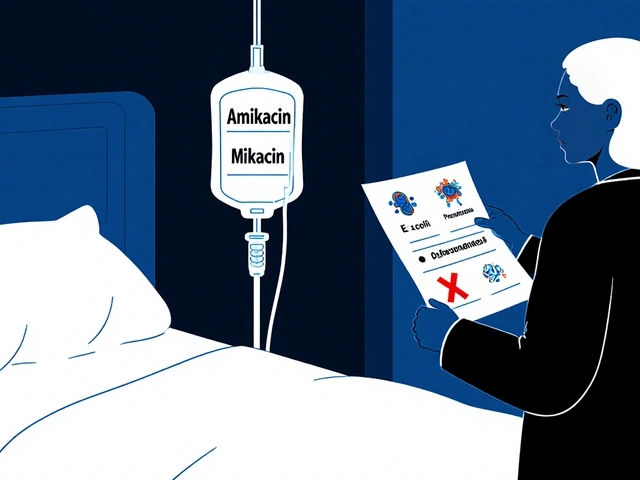Omega Fatty Acids – What They Are and Why You Should Care
Omega fatty acids are a family of poly‑unsaturated fats that our bodies can’t make on their own. That means we have to get them from food or a supplement. The most talked about types are omega‑3 and omega‑6. Both play a role in cell membranes, hormone production, and the way our bodies handle inflammation.
If you’re watching blood sugar, weight, or heart health, omega fatty acids deserve a spot on your radar. They can help improve insulin sensitivity, lower triglycerides, and calm chronic inflammation that often rides along with metabolic issues.
Top Food Sources of Omega‑3 and Omega‑6
Getting omega fats from real foods is usually cheaper and safer than popping a pill. Here are the easiest options:
- Fatty fish – salmon, mackerel, sardines, and trout are packed with EPA and DHA, the long‑chain omega‑3s the body uses most efficiently.
- Seeds and nuts – flaxseeds, chia seeds, walnuts, and hemp seeds deliver ALA, a plant‑based omega‑3 that the body can convert, though the conversion rate is modest.
- Vegetable oils – sunflower, corn, and soybean oil are high in omega‑6. They’re fine in moderation, but many Western diets overload on omega‑6, which can tip the balance toward inflammation.
- Eggs and dairy – eggs enriched with omega‑3 and full‑fat dairy from grass‑fed cows add small amounts of both types.
Try to include at least two servings of fatty fish each week, sprinkle a tablespoon of ground flaxseed on your oatmeal, and swap one of your usual cooking oils for olive oil or avocado oil, which are lower in omega‑6.
Choosing a Good Omega Supplement
Even with a solid diet, many people turn to supplements for a reliable boost. Here’s what to look for:
- Purity – Choose brands that test for heavy metals, PCBs, and oxidation. Look for a third‑party seal like IFOS or USP.
- Form – Fish oil in triglyceride or re‑esterified triglyceride form is better absorbed than ethyl ester. For vegans, algae‑derived DHA/EPA is a clean alternative.
- Dose – A typical daily dose for general health is 1,000 mg of combined EPA and DHA. For blood‑sugar support, some clinicians suggest 2,000 mg, but talk to a professional before upping the amount.
- Freshness – Omega oils oxidize quickly. A good product will list a “freshness guarantee” or have an expiration date within a year of manufacture.
If you’re on blood‑thinners or have a fish allergy, check with your doctor first. Fish‑oil supplements can thin the blood a bit, and some people experience mild stomach upset.
Bottom line: omega fatty acids are a simple addition to a diet aimed at better blood sugar, heart health, and overall inflammation control. Eat the right foods, add a clean supplement if needed, and you’ll likely notice steadier energy, clearer skin, and fewer cravings.



